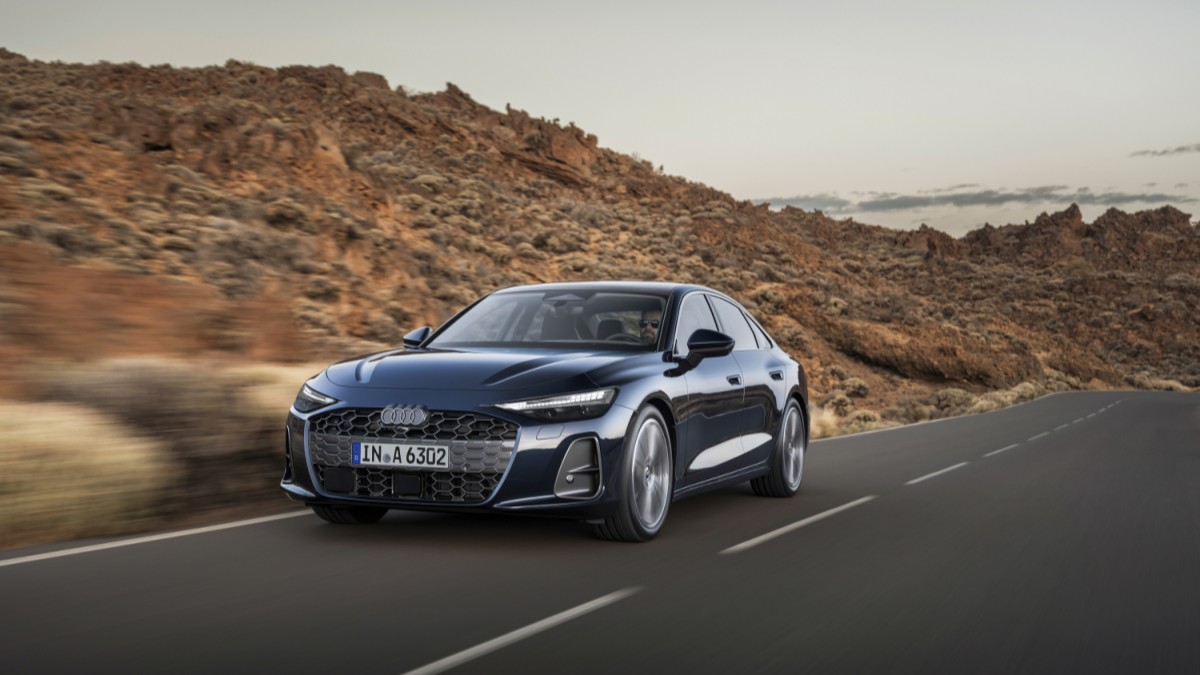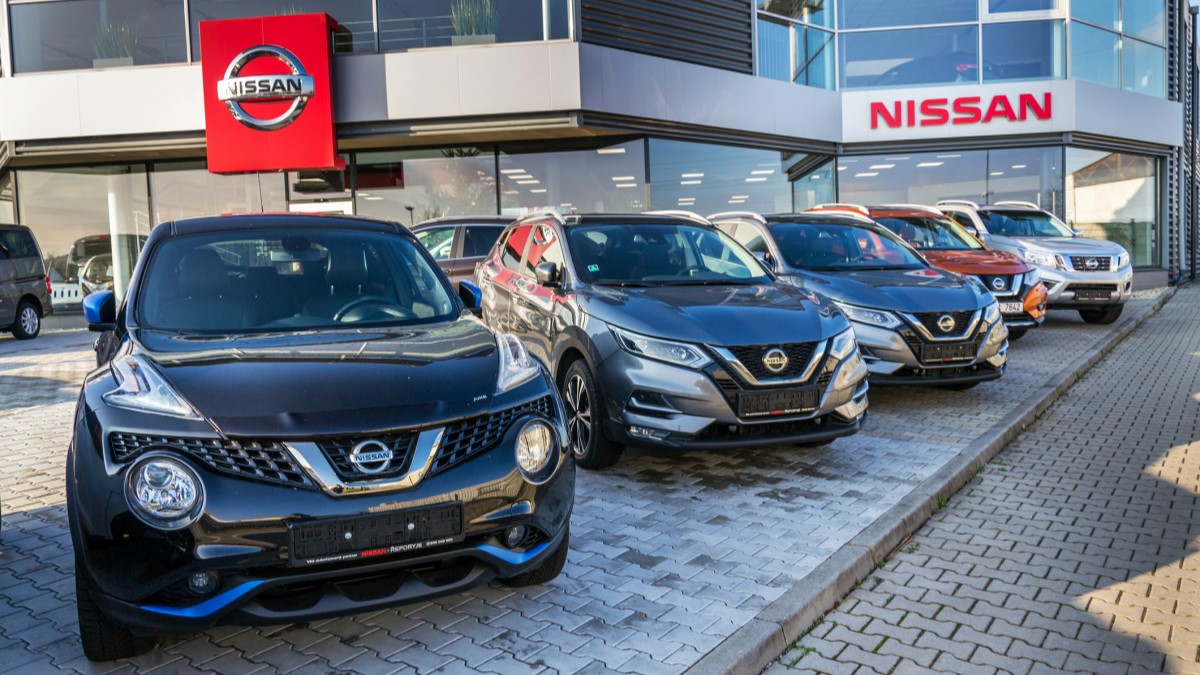America’s largest oil company wants to power the country’s movement into electric cars. ExxonMobil announced this week that the company “plans to become a leading producer of lithium, a key component of electric vehicle (EV) batteries.”
The company launched an effort to extract lithium from subsurface wells in southwest Arkansas, “an area known to hold significant lithium deposits.”
ExxonMobil says its subsurface mining technique, which involves removing lithium from underground saltwater deposits, “produces fewer carbon emissions than hard rock mining and requires significantly less land.”
The move, Bloomberg notes, could help the company “mitigate losses from the expected reduction in use of gasoline and diesel demand over the coming decades.”
ExxonMobil says it “aims to be producing enough lithium to supply the manufacturing needs of well over a million EVs per year” by 2030.
A Domestic Source Is Big News
Lithium is not geologically rare. But lithium that originates in the U.S. is. Most of the lithium found in EV batteries today comes from China.
The Inflation Reduction Act passed last year gives Americans up to $7,500 in federal tax credits toward purchasing an EV, but only if at least 40% of its mineral content originates in the U.S. or certain partner countries. That requirement ladders up to 50% next year, 60% the year after, and so on, capping at 80% in 2027.
Many EVs currently for sale don’t qualify because they miss the 40% threshold. Even fewer will likely qualify in 47 days when the requirement rises to 50%.
Beginning Jan. 1, Americans can apply the credit as a down payment instead of waiting to claim it when filing. But few vehicles may qualify under stricter mineral source requirements. Automakers have struggled to source enough minerals domestically or from partner countries to meet the new rules.
So, automakers would likely welcome a greater supply of U.S.-derived lithium.
But Batteries Require Many More Minerals
But they can’t build an EV battery from lithium alone. Other EV battery minerals, including cobalt, manganese, and nickel, are more geologically scarce. Inflation Reduction Act rules also apply to those rarer minerals.
But automakers are hard at work researching new battery chemistries that could use fewer rare minerals. BMW, Nissan, Toyota, and others have disclosed projects developing solid-state batteries that promise longer ranges, faster charging times, and fewer rare minerals.








